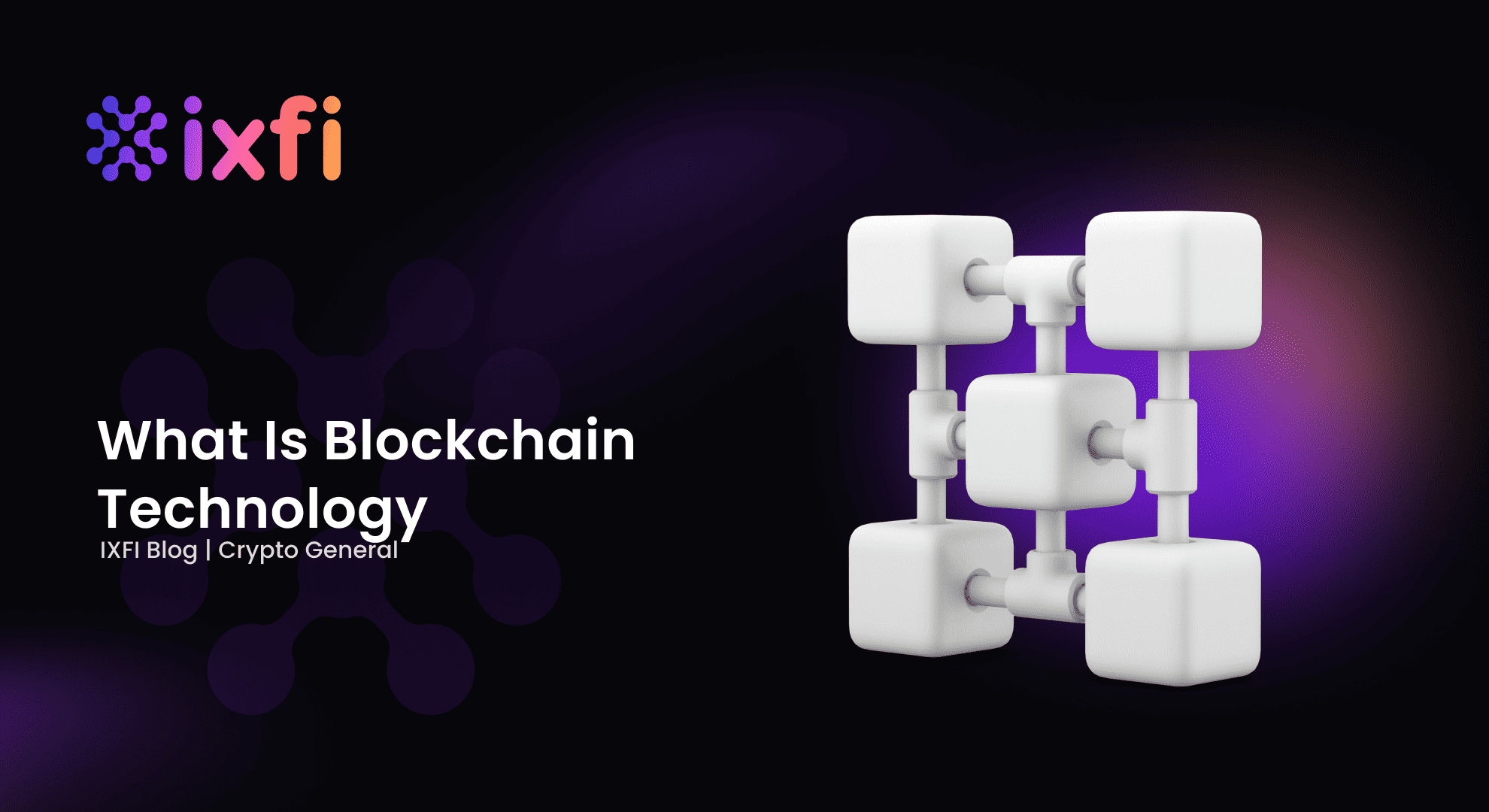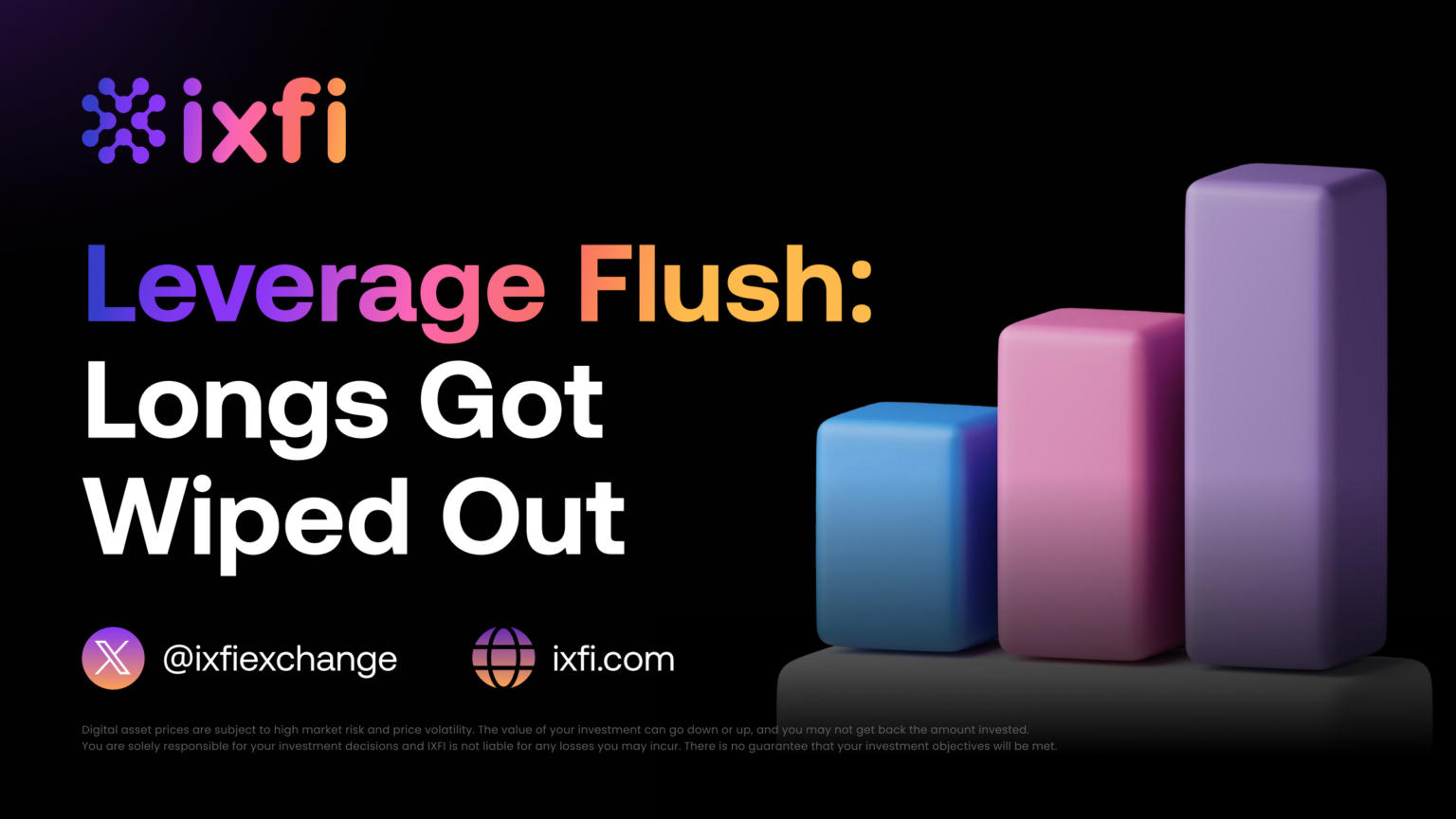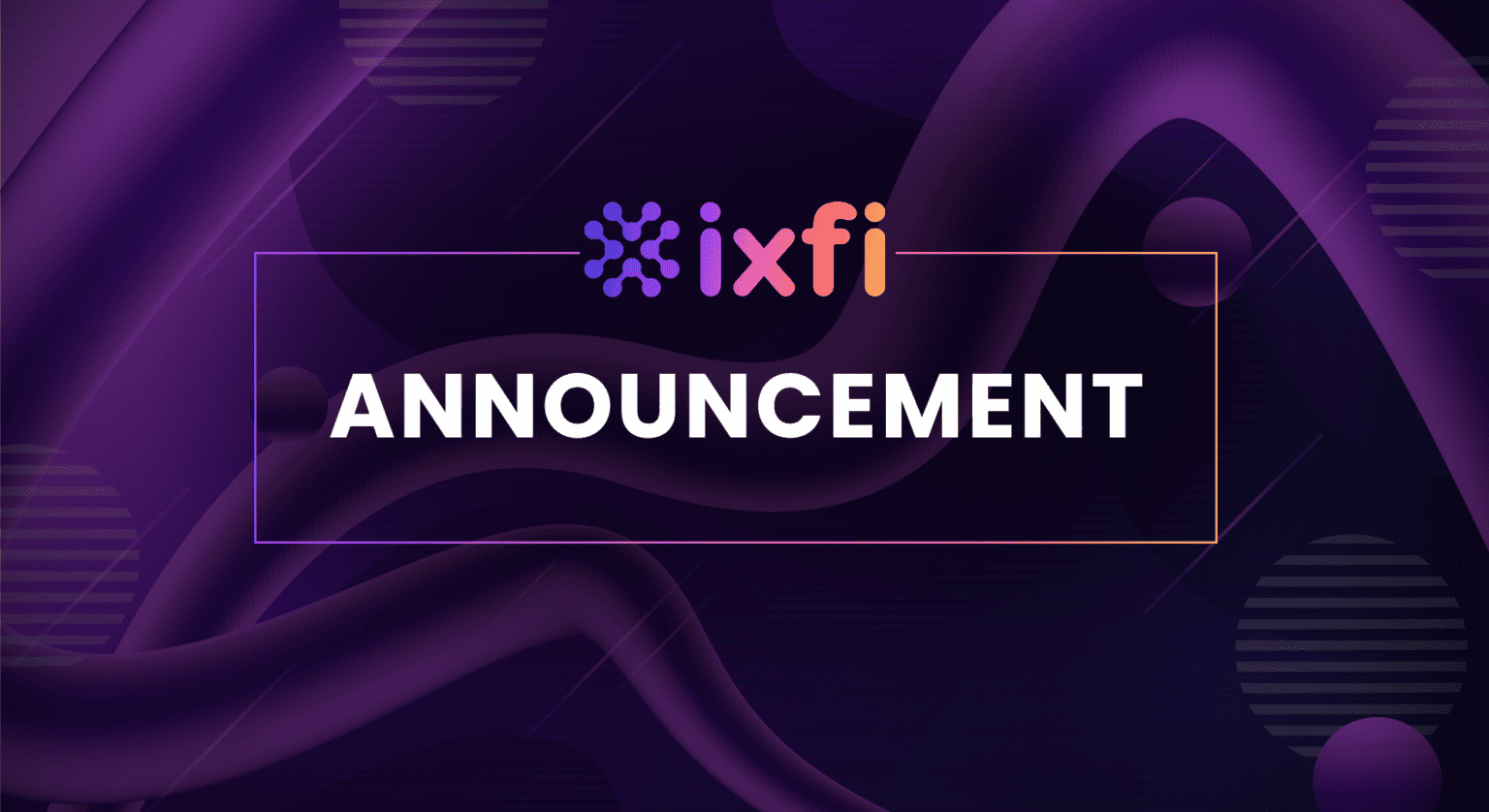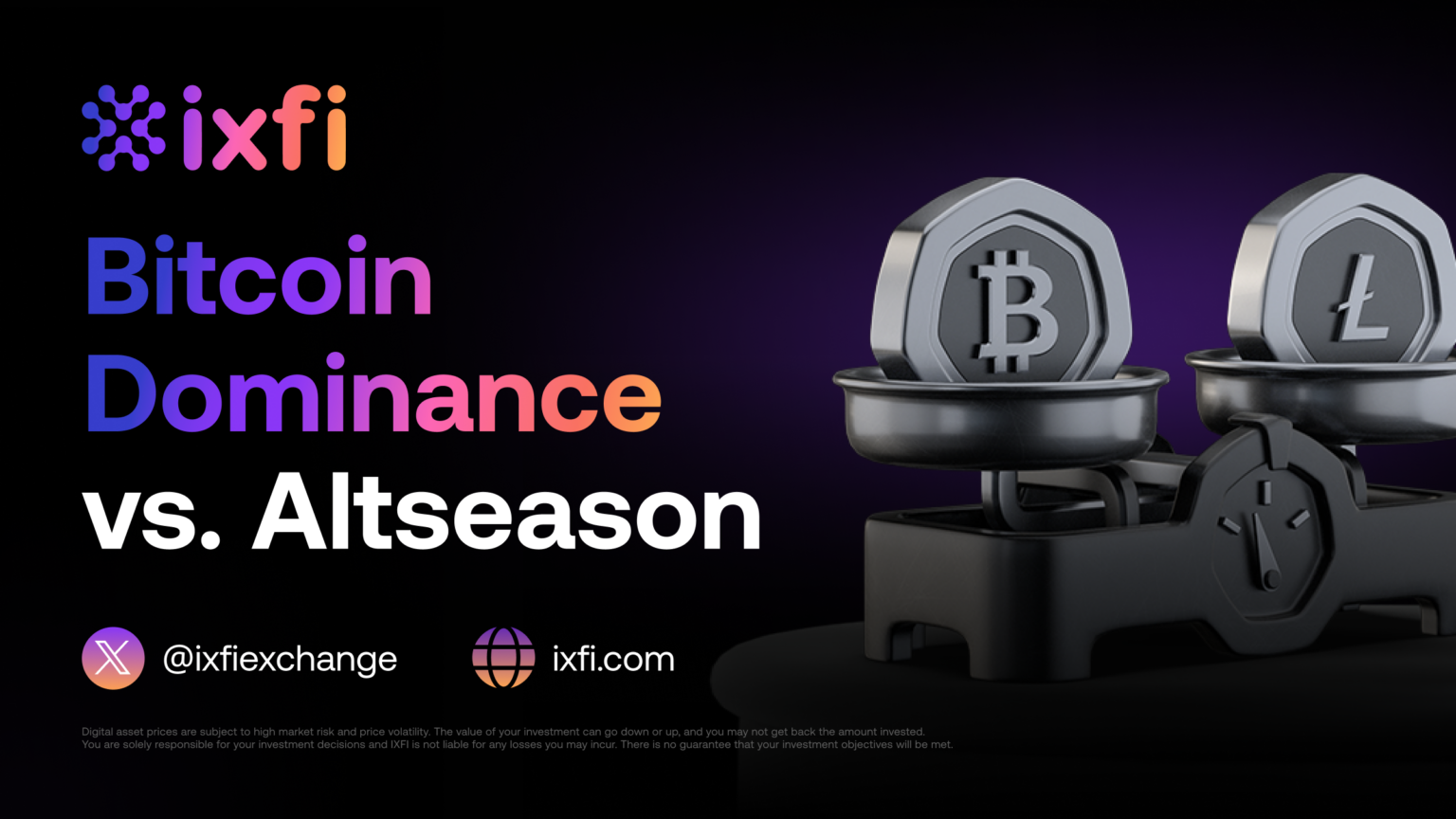Cryptocurrencies are based on Blockchain Technology, a technology that has grown tremendously in popularity over the past years – even independently, without always being linked to the context of cryptocurrencies.
This system has shown us that no matter the topic we’re talking about, whether it’s financial, health, or video games – we don’t need to pay expensive fees when transferring data. In fact, Blockchain’s history shows us that it was not always linked to cryptocurrencies – this technology has existed since 1991, in a much more rudimentary way from what we’re seeing today on the internet. Governments all over the world are seeking modern methods to solve many of the problems that society confronts globally, and many of these issues can be solved with the help of Blockchain.
In more detail, what is Blockchain technology?
Blockchain is an immutable digital database where any transaction that occurs remains permanently saved on the chain, without having the possibility to change it or modify it later. Blockchain is empowered by a decentralized network, so it’s not controlled or managed by one person or a group of people. There is no need to worry that it can be manipulated in someone’s personal interests.
Those who maintain the network operational are part of the “community” that has access to the ledger either through block mining, staking, or other consensus mechanisms. Thus, hacking the system would be extremely difficult and expensive – if not impossible. If by absurdity, someone ends up hacking a block of data, they would not be able to reach and modify the past blocks. Given these valuable features, many have wondered how other industries can efficiently apply this technology.
How could Blockchain help and impact our society?
First of all, it’s essential to mention that we can use Blockchain technology for almost anything. It can be used for logistics’ tracking, healthcare performance, government affairs, encrypting sensitive documents, and much more. It is a malleable technology to lend itself as the solution to our society’s problems: public or private, decentralized or hybrid, with little to no risk involved. Regardless of the type of Blockchain and given its transparent nature, it is a system that can be audited if required (even in the case of private networks or networks that provide privacy to specific data).
The Financial System: A problem that many cryptocurrency projects that build services for banks and other financial institutions are trying to solve – a decentralized or hybrid ledger can greatly simplify banking and interbanking transactions, regardless of the location.
Suppose we remove all the steps where money is withheld when we’re processing a transaction through banking services. In that case, the banks could offer much cheaper services that would include more people, including the disadvantaged ones from developing countries. In addition to the data transfer channel, Blockchain can also be used to verify users and the origin of their money and enforce international AML policies in a much more feasible way.
The Healthcare System: Blockchain technology is currently being used for healthcare systems all over the world, and medical personnel gives it various tasks: keeping medical records, monitoring patients, and improving how authorized parties can only view confidential documents (that contain sensitive data & medical records). Also, traditional applications can commit all kinds of human errors that can occur in various cases. Besides this, Blockchain can also help transform data and information into valuable graphs for statistics and more.
The Electoral System: Blockchain technology can also be used for electoral systems to prevent vote fraud. In hard-to-manage areas, like Indonesia, with over 200 islands and a population of nearly 300 million, managing votes and ensuring everything is done right can be extremely difficult. That is why a hybrid system was used, where mainly electronic voting was done with the help of Blockchain technology.
Agriculture: Apparently, no industry “can escape” the reach of Blockchain applications, and it is imperative to include agriculture. We are facing global supply problems, soil fertility, and climate change – and water is slowly becoming a rare commodity. Through distributed ledgers, the logistics’ and circulation process can be significantly improved, which could cut a lot of food waste. For example, using the help of Blockchain, soil moisture can be transmitted to a network that, through Smart Contracts, can automatically turn on the irrigators in that area – thus not wasting water but ensuring everything grows appropriately.
Anyone can be an investor. On a global scale, crypto remains a relatively young asset class with an investor base that’s still growing. At IXFI, we’re building a community where everyone is welcome. We mean it when we say that anyone can be an investor. Try it for yourself; join Your Friendly Crypto Exchange today and see where you fit in.
Disclaimer: The content of this article is not investment advice and does not constitute an offer or solicitation to offer or recommendation of any investment product. It is for general purposes only and does not consider your individual needs, investment objectives, and specific financial and fiscal circumstances.
Although the material contained in this article was prepared based on information from public and private sources that IXFI believes to be reliable, no representation, warranty, or undertaking, stated or implied, is given as to the accuracy of the information contained herein. IXFI expressly disclaims any liability for the accuracy and completeness of the information contained in this article.
Investment involves risk; any ideas or strategies discussed herein should, therefore, not be undertaken by any individual without prior consultation with a financial professional to assess whether the ideas or techniques discussed are suitable to you based on your personal economic and fiscal objectives, needs, and risk tolerance. IXFI disclaims any liability or loss incurred by anyone who acts on the information, ideas, or strategies discussed herein.




